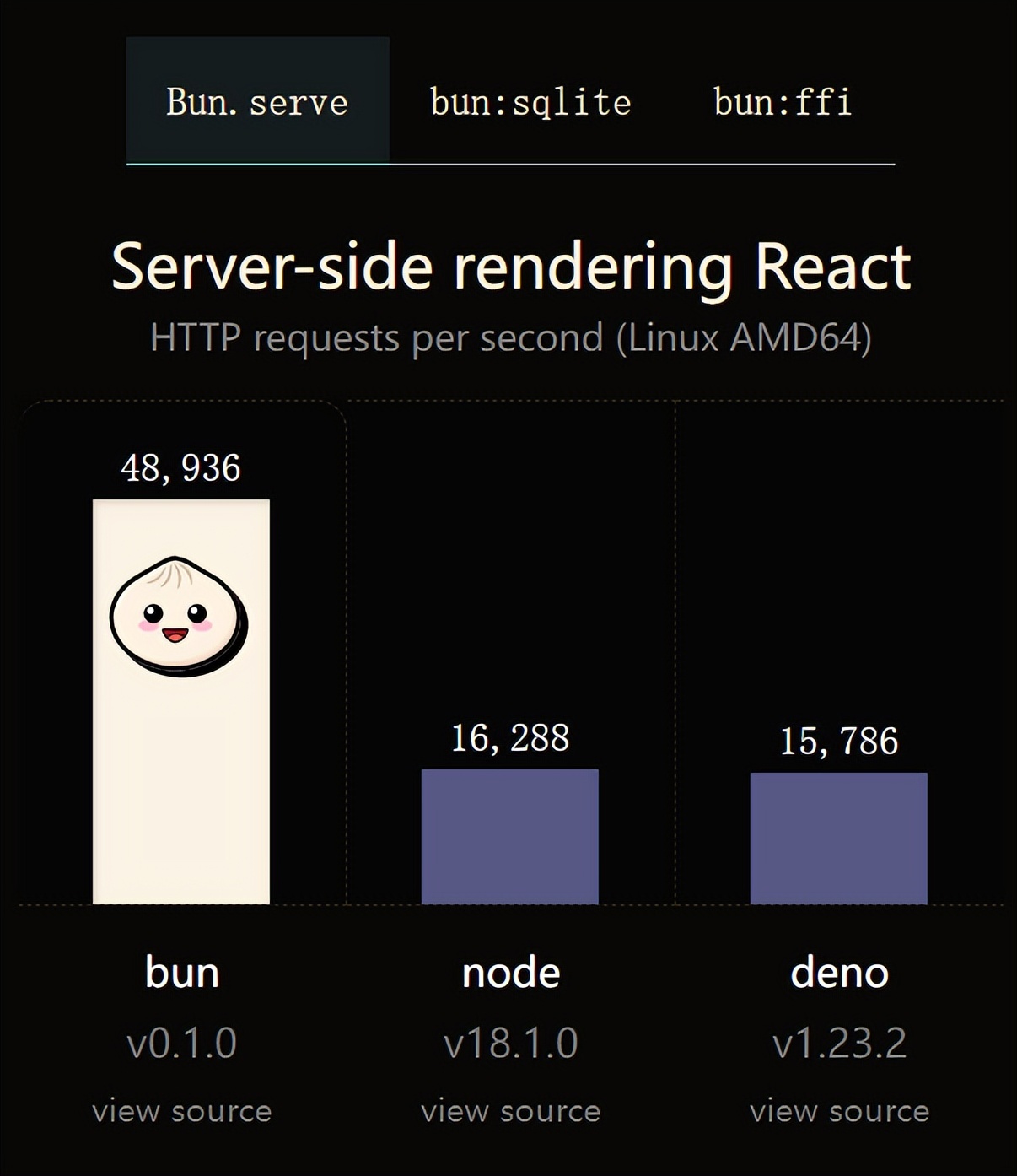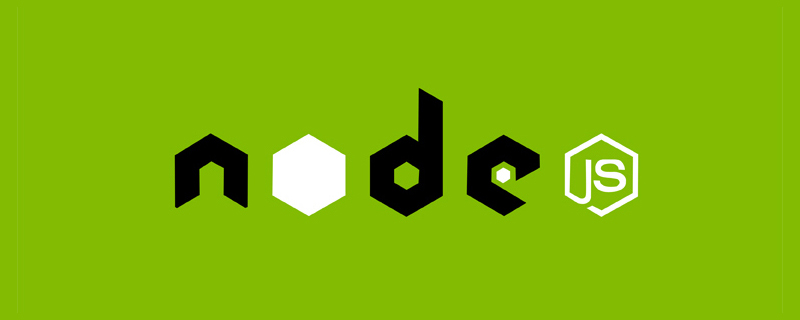This article will introduce to you the static file middleware koa-static in node. It has certain reference value. Friends in need can refer to it. I hope it will be helpful to everyone.

Related recommendations: "nodejs tutorial"
Details on the use of koa-static
in app.js Here, if we want to specify the current directory as a managed directory, we usually do this:
const static=require('koa-static') const Koa=require('koa') const app=new Koa() app.use(static('.')) app.listen(8081)
koa-static is the most commonly used and mature in koa (node framework) Static web hosting service middleware, commonly used in koa such as external link static resources (such as CSS files):
//下载 npm install koa-static --save
//引入 const server=require('koa-static')
//使用 app.use(server('static'))//或:app.use(server(__dirname+'/static'))
In short, the server must have a static template (relative) path
Then we can use the xxx.css file in the css folder in the static directory like this:
<link rel="stylesheet" href="css/xxx.css" />
Is it that simple? So what is its principle?
Set the request header "Content-Type" value according to the file suffix name to match the browser rendering!
Let’s take the static mentioned above:
Look for
static/css/xxx.cssto see if it exists(if exists)Set
Content-Type: text/css;charset=utf-8;- ##Return to the browser through response Server
image cache! Just like this
const server=require('koa-static')
const path=require('path') //path模块:设置路径信息
const staticPath=path.resolve(__dirname,'static')
const staticServer=server(staticPath,{
setHeadears:(res,path,stats)=>{
if(path.indexOf(/[jpg|png|gif|jpeg]/)>-1){
res.setHeader('Cache-Control',['private','max-age=60'])
}
}
})
app.use(staticServer); - If the corresponding path is an image in jpg/GIF/png/jpeg format, then it will be cached for 60s.
We all know that there is a "convenient way" for static services in express (node framework):
app.use('/teacher',express.static('/public'))It can specify the "request prefix" of static services —— It is to specify the static resource relative to which URL to load. Obviously, this is very practical. We suddenly thought that the koa-static we mentioned above in this article all works relative to "
global"?
How to implement this function in koa? koa provides another (auxiliary) module for developers -koa-mount
const Koa=require('koa') const server=require('koa-static') const mount=require('koa-mount') const app=new Koa() app.use(mount('/teacher',server('/public')))
koa-mount is a Koa middleware that mounts middleware to a specified path . It can mount any Koa middleware!As mentioned before, koa-static is a middleware, so koa-mount can be combined with koa-static to achieve the same static service request prefix function as express.
Exploration of static principles After learning the magical usage above, have you ever thought about how it is implemented?
Through
npm info koa-static, you will find that koa-static depends on two modules, namely debug and koa-send. Find the index file of the koa-static source code. Its core implementation is as follows:
const send = require('koa-send');
//...
function serve (root, opts) {
//...
return async function serve (ctx, next) {
await next()
if (ctx.method !== 'HEAD' && ctx.method !== 'GET') return
if (ctx.body !== null && ctx.status !== 404) return // eslint-disable-line
try {
await send(ctx, ctx.path, opts)
}catch (err) {
if (err.status !== 404) {
throw err
}
}
}
}After this code, we found that the core implementation is the send() method, and this is Provided by module koa-send!
if (!ctx.type) ctx.type = type(path, encodingExt) ctx.body = fs.createReadStream(path)The type method is set according to the file suffix
Content-Type! Very practical, but what we should pay more attention to here is another interesting thing - the principle of koa-send:
- Set the Content-Type, which can be set through the file suffix;
- Assign value to ctx.body in Stream form
In addition to the fact that it also aims at setting content-type, the stream method has always been praised by industry leaders: because it is more efficient than
fs.readFileSync!
app.use(function(ctx){
const fs=require('fs')
const result=fs.readFileSync('xxx')
ctx.type=type(result, encodingExt)
ctx.body=result
})
Koa reviewIn fact, in koa, ctx.body The working principle is actually similar to the koa-static and koa-send middleware mentioned in this article:
Process different Content-types according to the assignment type
- According to the body Type setting corresponding Content-type
- Call res.write or res.end according to Content-type to write data to the browser
AboutMore programming related For knowledge, please visit:Content-type value: String - divided into two types (different): "text/html" and "text/plain";
Buffer / Stream Type;
If it is not any of the above types, then it should be a JSON object
(In the source code, typeof is used to determine its type. This technique is very practical!
programming video!!
The above is the detailed content of An in-depth analysis of the koa-static middleware in nodejs. For more information, please follow other related articles on the PHP Chinese website!
 Vercel是什么?怎么部署Node服务?May 07, 2022 pm 09:34 PM
Vercel是什么?怎么部署Node服务?May 07, 2022 pm 09:34 PMVercel是什么?本篇文章带大家了解一下Vercel,并介绍一下在Vercel中部署 Node 服务的方法,希望对大家有所帮助!
 node.js gm是什么Jul 12, 2022 pm 06:28 PM
node.js gm是什么Jul 12, 2022 pm 06:28 PMgm是基于node.js的图片处理插件,它封装了图片处理工具GraphicsMagick(GM)和ImageMagick(IM),可使用spawn的方式调用。gm插件不是node默认安装的,需执行“npm install gm -S”进行安装才可使用。
 火了!新的JavaScript运行时:Bun,性能完爆NodeJul 15, 2022 pm 02:03 PM
火了!新的JavaScript运行时:Bun,性能完爆NodeJul 15, 2022 pm 02:03 PM今天跟大家介绍一个最新开源的 javaScript 运行时:Bun.js。比 Node.js 快三倍,新 JavaScript 运行时 Bun 火了!
 聊聊Node.js中的多进程和多线程Jul 25, 2022 pm 07:45 PM
聊聊Node.js中的多进程和多线程Jul 25, 2022 pm 07:45 PM大家都知道 Node.js 是单线程的,却不知它也提供了多进(线)程模块来加速处理一些特殊任务,本文便带领大家了解下 Node.js 的多进(线)程,希望对大家有所帮助!
 nodejs中lts是什么意思Jun 29, 2022 pm 03:30 PM
nodejs中lts是什么意思Jun 29, 2022 pm 03:30 PM在nodejs中,lts是长期支持的意思,是“Long Time Support”的缩写;Node有奇数版本和偶数版本两条发布流程线,当一个奇数版本发布后,最近的一个偶数版本会立即进入LTS维护计划,一直持续18个月,在之后会有12个月的延长维护期,lts期间可以支持“bug fix”变更。
 node爬取数据实例:聊聊怎么抓取小说章节May 02, 2022 am 10:00 AM
node爬取数据实例:聊聊怎么抓取小说章节May 02, 2022 am 10:00 AMnode怎么爬取数据?下面本篇文章给大家分享一个node爬虫实例,聊聊利用node抓取小说章节的方法,希望对大家有所帮助!


Hot AI Tools

Undresser.AI Undress
AI-powered app for creating realistic nude photos

AI Clothes Remover
Online AI tool for removing clothes from photos.

Undress AI Tool
Undress images for free

Clothoff.io
AI clothes remover

AI Hentai Generator
Generate AI Hentai for free.

Hot Article

Hot Tools

SublimeText3 Linux new version
SublimeText3 Linux latest version

WebStorm Mac version
Useful JavaScript development tools

Dreamweaver CS6
Visual web development tools

SAP NetWeaver Server Adapter for Eclipse
Integrate Eclipse with SAP NetWeaver application server.

SublimeText3 Chinese version
Chinese version, very easy to use









